ACT’s system of justice hangs in the balance over Bruce Lehrmann prosecution

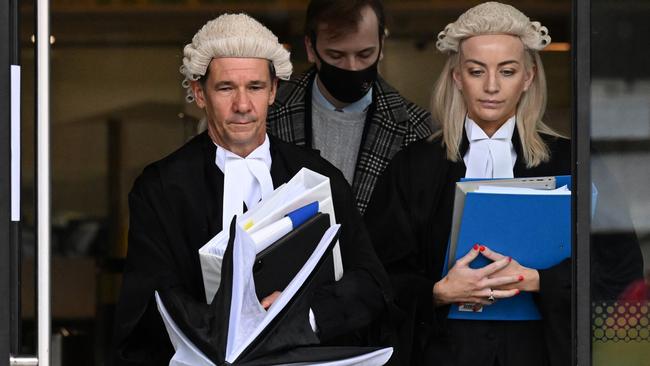
One of the most serious issues aired during the May public hearings concerned evidence that ACT Director of Public Prosecutions Shane Drumgold instructed a very junior solicitor to draft an affidavit asserting that legal professional privilege attached to police documents known as the Investigative Review Documents.
These documents, sought by Bruce Lehrmann’s lawyers but withheld by Drumgold, revealed inconsistencies in evidence provided by Brittany Higgins about her allegation of rape and questions about her credibility.
When Lehrmann’s legal team made an application to the court for disclosure, Drumgold instructed solicitors in his office to draft an affidavit to support nondisclosure on the basis that the documents were protected by legal professional privilege. Drumgold gave evidence that it was for the Australian Federal Police, not him, to assert legal privilege over the documents.
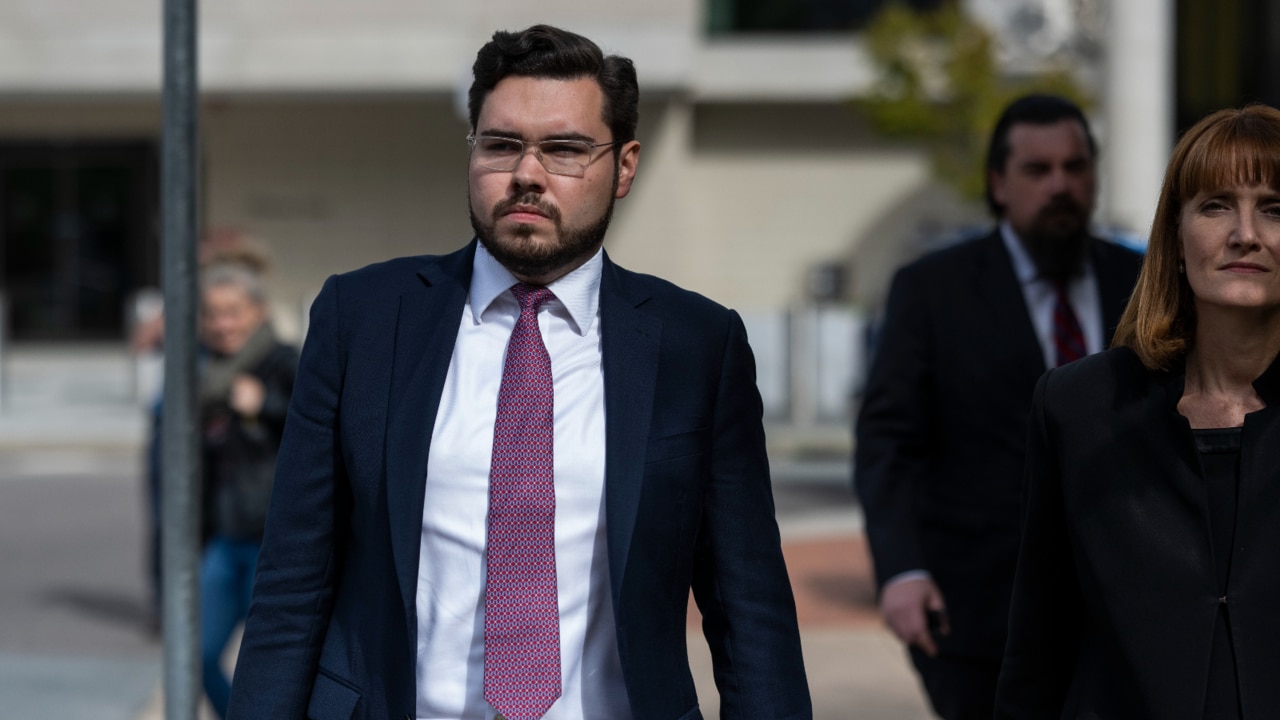
Therefore, an affidavit would need to cite the AFP was the source of information about privilege. Drumgold emailed two solicitors in his office about drafting the affidavit. The more senior of the two solicitors asked Drumgold, by return email, what the source of the information about legal privilege would be.
Drumgold did not respond to that question. Instead, he told the more senior solicitor that he would instruct the junior solicitor to deal with this part of the affidavit. Drumgold sent the young solicitor suggested wording for the critical part of the affidavit that claimed the police documents sought by the defence were privileged.
That wording was included in the affidavit sworn by the junior solicitor at the DPP’s direction. It created a falsehood, when presented to the court and to the ACT Chief Justice, that police had claimed privilege over the investigation documents. In fact, the AFP had not claimed privilege over these internal investigation documents. Evidence presented to the inquiry revealed that police believed these documents should have been disclosed to defence.
If Walter Sofronoff KC finds the DPP was knowingly involved in presenting a false affidavit to the ACT Supreme Court for the purposes of withholding information from the defence, Drumgold’s demand for this inquiry last year will rate as the biggest legal own goal since Oscar Wilde brought a defamation suit against the Marquess of Queensberry.
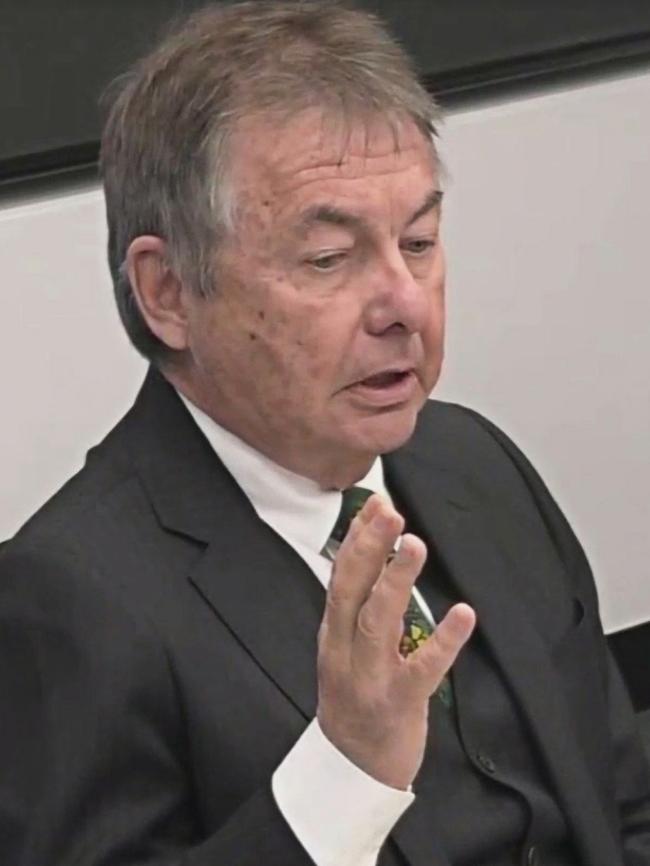
The ACT government’s response will be critical to the administration of justice in the ACT. Consider what was at stake. A young man was on trial for rape. If he was found guilty, he would, in all likelihood, go to jail. If the DPP tried to withhold evidence on false grounds, and if he presented that falsehood to the court, the DPP’s removal from high office is the easy decision. So is his removal from the roll of legal practitioners.
The most important decision will be to investigate whether the DPP knowingly attempted to pervert the course of justice.
The information that the DPP potentially tried to withhold from Lehrmann’s lawyers may have assisted them in formulating their client’s defence. The information may have revealed material that could have given rise to trains of inquiry for Lehrmann’s lawyers to pursue. Any attempt to withhold that information would interfere with those avenues of defence, and potentially it would keep information hidden that should probably have gone to the jury.
As was revealed during the Sofronoff inquiry, even if the material was not admissible in court, it was still material that should have been disclosed to the defence. It is a serious crime if Joe Citizen makes a false statement with the intent to pervert the course of justice. It is another level of seriousness if done by a person charged with upholding the administration of justice.
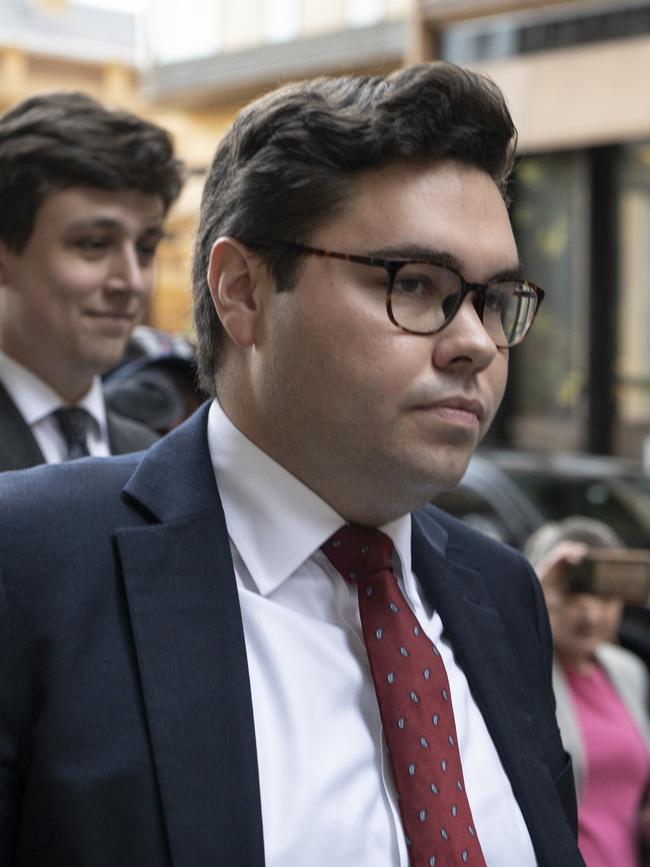
A prosecutor, entrusted with the enormous powers of the state over citizens, must behave as a minister of justice at all times: searching for the truth in an objective, impartial and fair manner.
Chief Minister Andrew Barr had better start consulting numerous sections of the ACT Criminal Code. First, under section 703(1), a person commits perjury if they make a sworn statement in a legal proceeding that is false and the person making it is reckless about the statement being false.
It becomes aggravated perjury, under section 702, if a person makes a false statement in a legal proceeding with the intention of procuring a person’s conviction for an offence. If the DPP knowingly presented a false affidavit to the ACT Supreme Court for the purposes of withholding information from the defence, section 708(b) is also relevant. It makes it an offence if a person deceives someone else so that this other person gives false or misleading evidence in a legal proceeding.
Consider, too, section 713, which makes it a criminal offence if a person, by his or her conduct, intentionally perverts the course of justice. It won’t matter that the affidavit was sworn by the junior solicitor and not by Drumgold. Under section 46 of the ACT Criminal Code, a person is taken to have committed an offence if they procured someone else to engage in the conduct. That means if the DPP was knowingly involved in presenting a false affidavit to the ACT Supreme Court for the purposes of withholding information from the defence, he could face multiple charges, each charge giving rise to maximum jail terms of seven years.

Let us be emphatic about this: in any criminal prosecution, should it come to that, Drumgold is entitled to the presumption of innocence and a fair trial, just as Lehrmann was, and may have been denied that by Drumgold. The rule of law applies equally to all.
Barr and his Attorney-General, Shane Rattenbury, will need to refresh their memories about Marcus Einfeld, the federal court judge who was sentenced to two years in jail in 2009 for lying about a speeding fine. The judge completed a false statutory declaration that stated he was not driving his car at the time his silver Lexus was clocked for doing 60km/h in 50km/h zone. The potential fine was $75 and the loss of three demerit points. Einfeld claimed his friend, an American academic, Teresa Brennan, was driving his car. This was a gross lie. Brennan had died three years earlier and Einfeld knew it.
When sentencing Einfeld to jail, NSW Supreme Court judge Bruce James said the judge’s lies struck “at the heart of the administration of justice”.
Outside court that day, the head of the police fraud squad, Detective Superintendent Colin Dyson said there were “no winners today but justice has been served”.
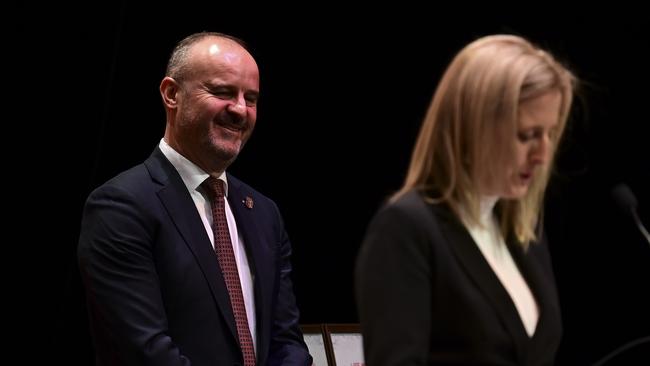
If Drumgold is found to have knowingly lied to try to keep police investigation material from a defendant who faced jail if found guilty of rape, it enters a different realm of gravity.
A decision to launch an investigation into a possible attempt to pervert the course of justice will fall squarely on the shoulders of three institutions: first, the ACT Chief Minister, as the first recipient of the Sofronoff report; second, ACT Policing, the unit within the AFP responsible for investigating criminal offences in the ACT; and, third, the ACT Office of the Director of Public Prosecutions, the body charged with carriage of prosecutions.
This raises obvious challenges. The ACT government appointed Drumgold. The AFP had a fractious relationship with Drumgold, as laid out over many weeks in public during the Sofronoff inquiry. And a new minister of justice who heads up the ODPP in the ACT won’t relish the prospect of having, as one of their first jobs, the prosecution of the previous director.
That said, if any of these powerful institutions of state turn a blind eye to a possible attempt to pervert the course of justice, then they will be responsible for the darkest chapter in this saga, one that will do the most harm to the administration of justice in the nation’s capital territory.

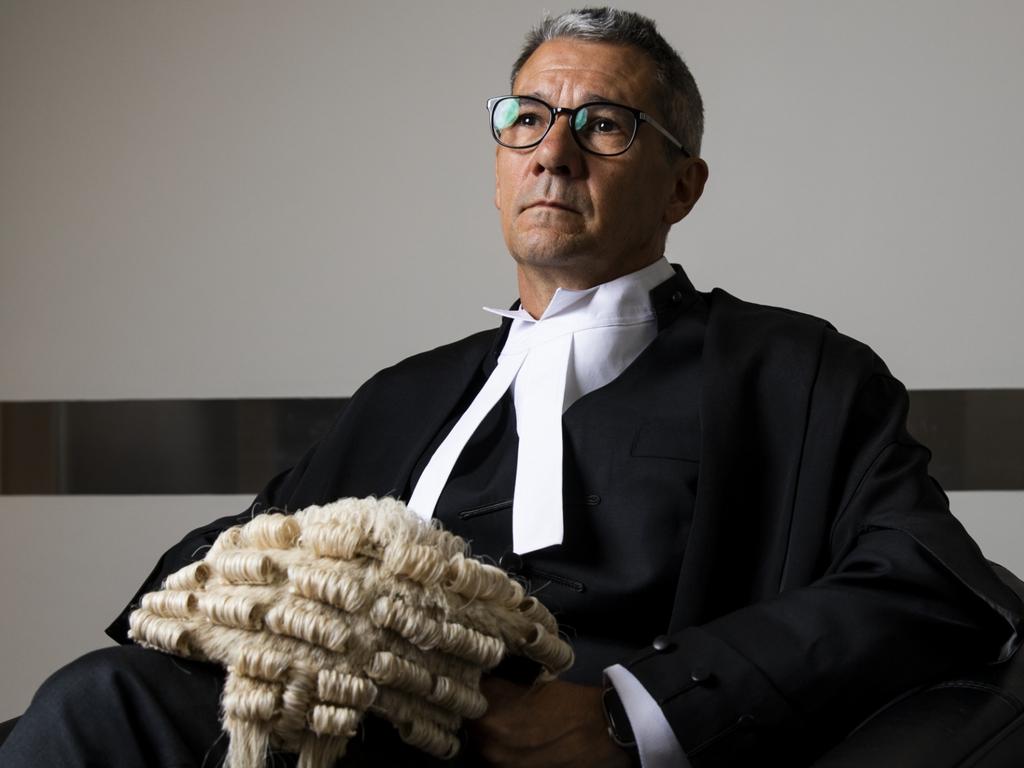
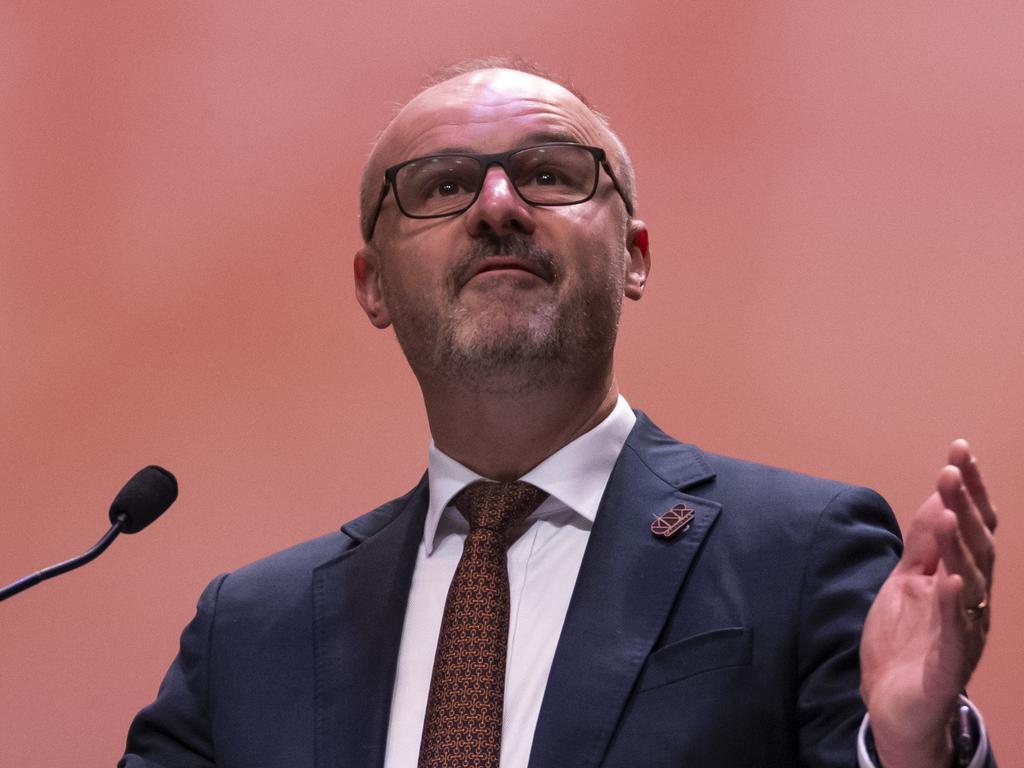
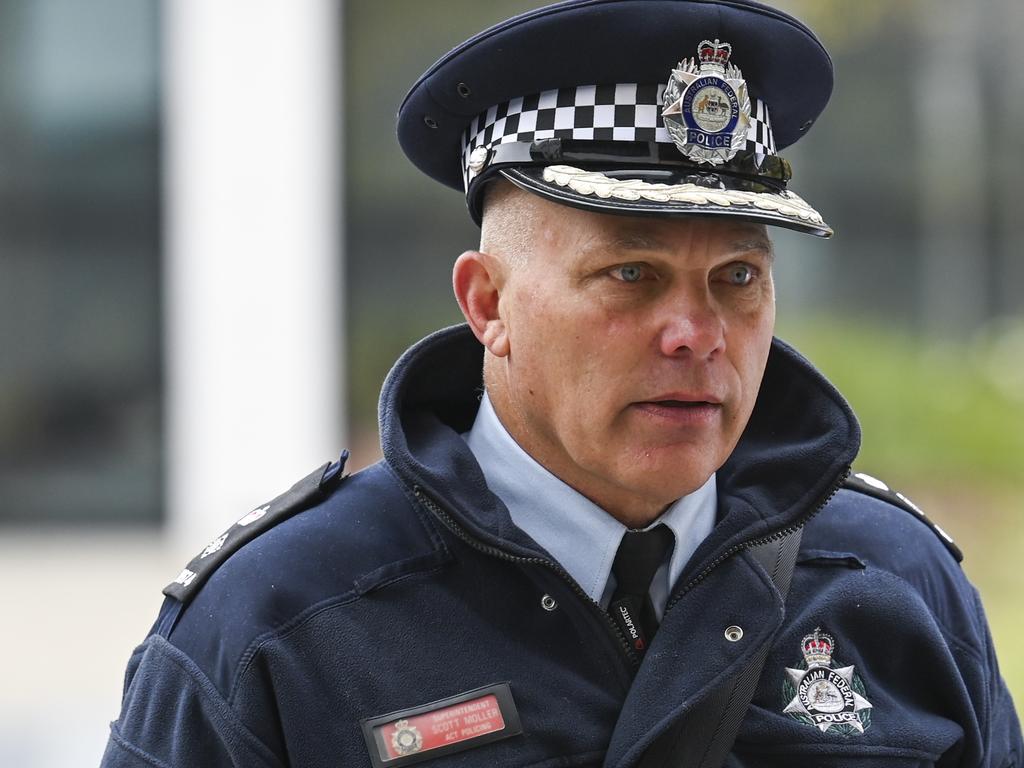
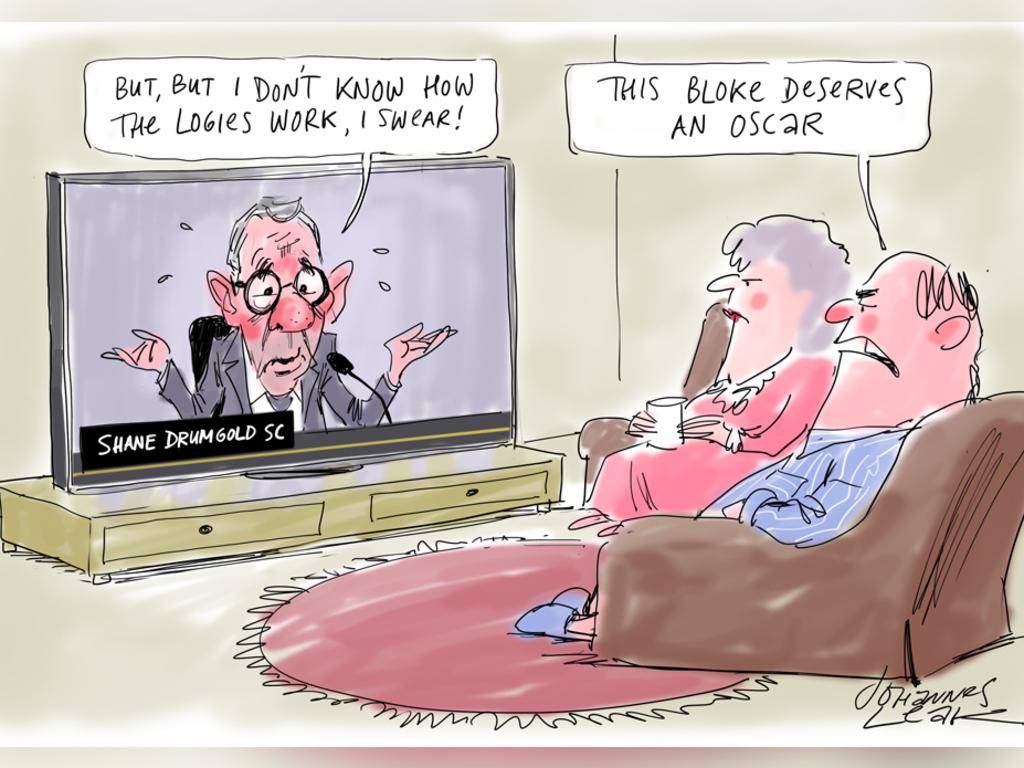


There is a dark cloud hanging over the proper administration of justice in the ACT. The Sofronoff report, handed to the ACT Chief Minister on Monday, will go some way to lifting that cloud. But only a series of resolute responses to that report can reset justice in the nation’s capital territory.